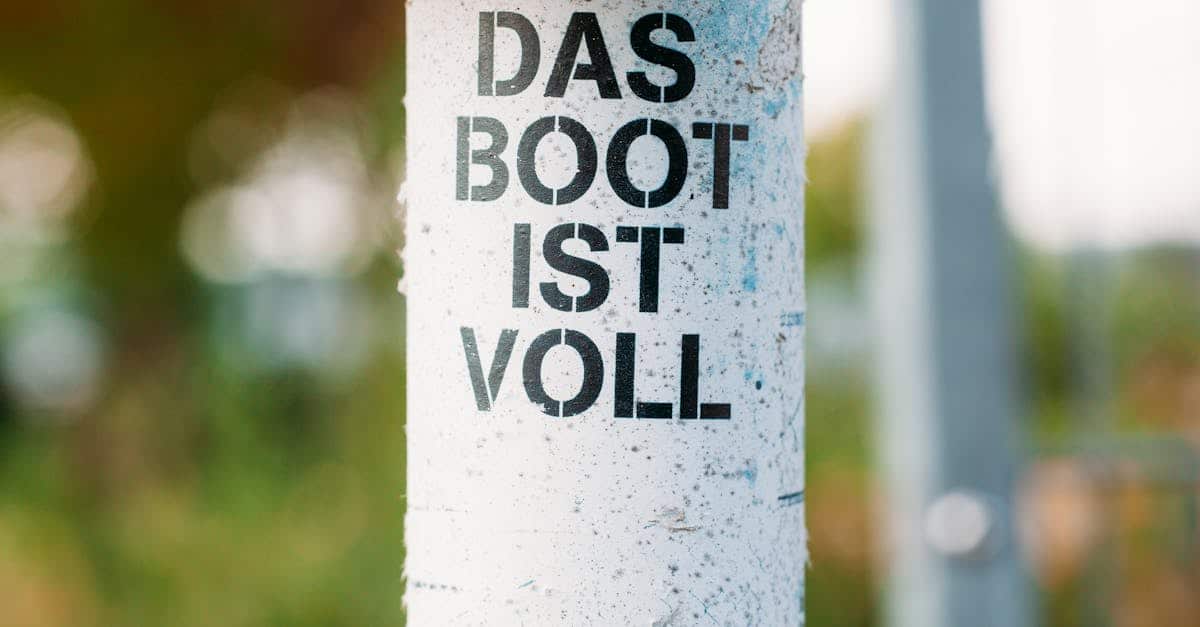Be seduced by the fascinating world of the MBTI profile ISTJ, where structure and organization reign. This personality type, often referred to as the “Logistician,” stands out for its keen sense of duty and a methodical approach to tasks. Valued for their reliability, ISTJs are true inspectors, ensuring that each piece of the puzzle fits perfectly. Discover the unique strengths and challenges of these rational and pragmatic thinkers, eager for proven methods, and delve into the enigma of their personal and professional relationships. Who knows what you might uncover along the way of this exploration?
The exploration of the ISTJ profile reveals a personality characterized by solid structure and organization. This personality type, often referred to as Logistician, is rooted in values of integrity and responsibility. Representing about 13% of the population, ISTJs value proven methods and structured approaches to navigate both personal and professional realms.
Individuals with an ISTJ profile combine Introversion, Sensing, Thinking, and Judging, traits that make them reliable and meticulous. As methodical inspectors, they are known for their conscientious work and pragmatism in decision-making. Before committing to a path, ISTJs carefully assess the available data, weighing the pros and cons to avoid costly mistakes.
In the social and emotional sphere, ISTJs may sometimes be perceived as reserved, but their loyalty to their loved ones is unwavering. Their sense of duty drives them to fulfill their responsibilities diligently. While occasionally facing challenges related to flexibility, ISTJs use their structured approach to overcome obstacles. Understanding this type of personality offers practical applications that enrich both interpersonal relationships and professional development.

structure and core characteristics
The ISTJ profile, often referred to as the “Logistician,” embodies an impressive combination of structure, reliability, and method. Composed of four dimensions: Introversion, Sensing, Thinking, and Judging, this personality type excels in pragmatic analysis and its commitment to proven solutions. ISTJ individuals place great value on organization and are meticulous in all aspects of their lives, both personal and professional. This allows them to plan effectively and face challenges calmly and rationally.
practical applications and challenges for ISTJs
In the professional realm, ISTJs excel in roles that require attention to detail and strong analytical abilities. Through their methodical nature, they can anticipate future challenges and implement effective solutions. For example, in hybrid teams, ISTJs often play a key role in anticipating and overcoming potential difficulties, thus fostering group cohesion and performance.
social and emotional life of ISTJs
On a personal level, ISTJs value sincere and stable relationships. They demonstrate great integrity, making them both reliable and respectable in the eyes of their loved ones. However, their need for organization can sometimes be perceived as rigid, which can create tensions if the expectations of others are not aligned with their penchant for adhering to norms and traditions. Learning to loosen these traits is often one of the emotional challenges they encounter, all while maintaining their loyal and committed nature.

FAQ
Q : What is the ISTJ profile in MBTI?
A : The ISTJ profile in the Myers-Briggs Type Indicator is characterized by Introversion, Sensing, Thinking, and Judging. It is known for its structure, organization, and sense of duty.
Q : What are the main characteristics of the ISTJ personality?
A : ISTJ individuals are often meticulous, reliable, and methodical. They rely on proven ways of doing things and have a practical and rational approach to decision-making.
Q : What percentage of the population has the ISTJ personality?
A : The ISTJ type is one of the most common and constitutes about 13% of the population.
Q : What are the strengths of ISTJs?
A : ISTJs are known for their integrity, their ability to work diligently, and for honoring their commitments until the end. They are also renowned for their practicality.
Q : What challenges might ISTJs face?
A : ISTJs may sometimes struggle to adapt to unproven methods or constantly changing environments. Their need for structure can sometimes hinder flexibility.
Q : What type of profession is best suited for an ISTJ?
A : ISTJs excel in careers that require structure and reliability, such as logistics, accounting, or other administrative positions where their sense of detail and organization is valued.












